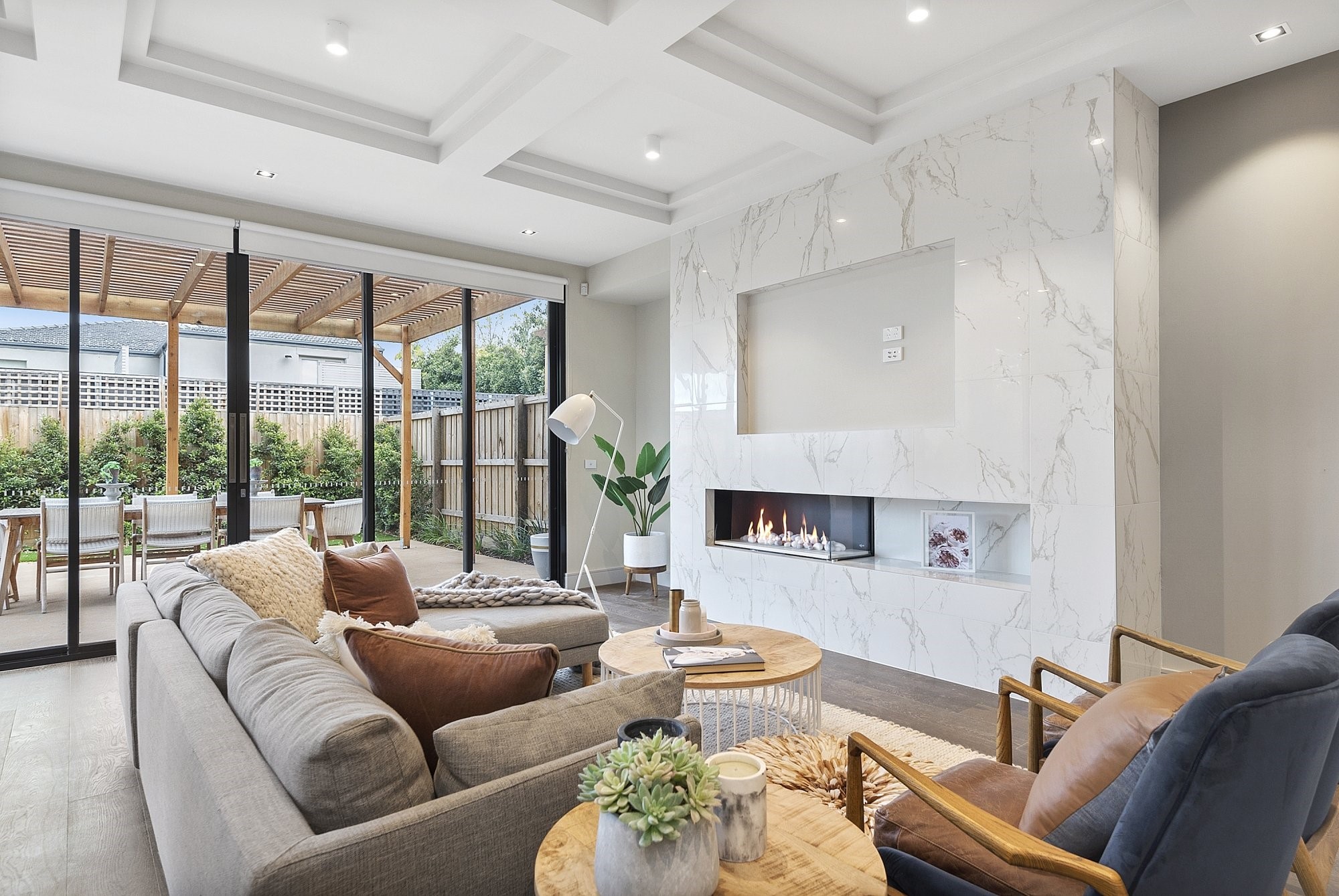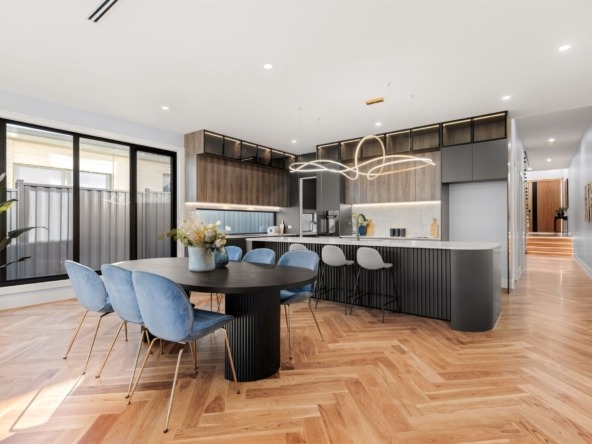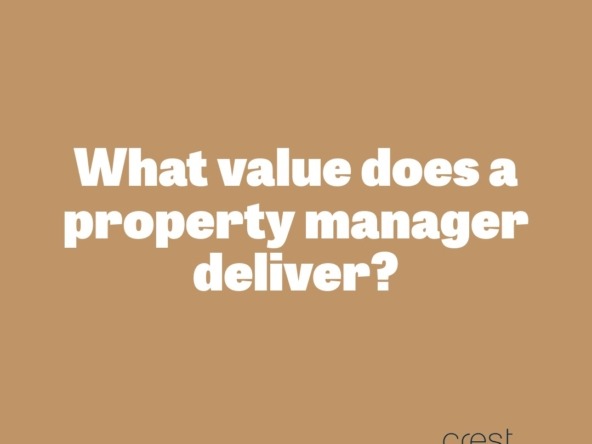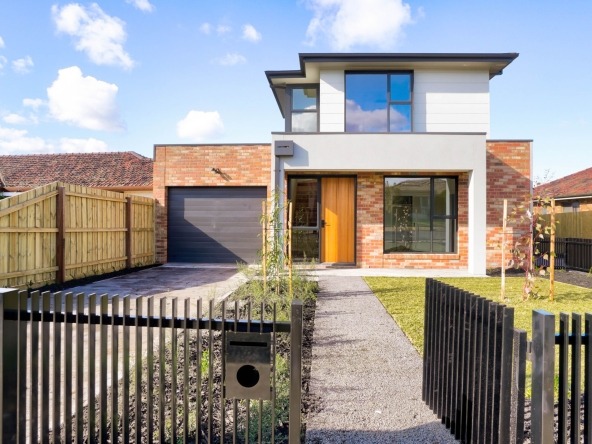The Australian property market has been seen to be one of the best forms of investment in the world. It has many laws in place to protect buyers, while quality control ensures the property is built with the correct standard to offer longevity.
The Australian property market provides great opportunities. In the market insight we share some points why savvy Chinese investors buy property in Australia.
Property ownership
In Australia, after buying residential or commercial property the owner takes full possession under a free-hold ownership. Freehold land (or fee simple) provides people with the most complete form of ownership, in perpetuity. It allows the owner to deal with the property, including selling, leasing or mortgaging it, subject to compliance with applicable laws such as planning and environment laws.
There is a very small exception of properties having a leasehold ownership of 99 years, but these are generally in very old buildings or snow lodges.
Having a freehold ownership also allows the owner to pass on their property to family. Depending on the type of ownership, it may not incur any inheritance tax, unlike the Chinese property market.
Residential property ownership in China is vastly different to Australia. Property owners in China only have 70 years of ownership under leasehold. The time period commences from the developer receiving the permit to build. This means it doesn’t start from when it’s finished building or transferred to the buyer. Some of these properties can take years to prepare and construct, leaving only 40 years of ownership left. The land is essentially owned by the Chinese Government, however most of the leasehold terms are automatically extended or renewed once expired. Unfortunately the owner must pay a transfer fee to complete the extension of ownership.
When inheriting a property in China from parents or family, the beneficiary must incur a number of expenses such:
- Valuation fees
- Notary fees
- Stamp duty
- Registration costs
- Contract fees

Property area and sizes
When buying real estate in Australia, regardless of the property type, (i.e. apartment, townhouse or house) the property measurements must match the engineering drawings. These details are also included in contract of sale. When buying off the plan, the developer only has up to a 5% variance before being liable to the buyer for not building to scale. The measures may start from the inside or outside the wall, but it’s important to note that the develop must build to scale.
When buying property in China, the size of the property could be recorded in the contract of sale with 100sqm, but the actual usable area could be just 60sqm, and developers are not required to explain where the missing 40sqm went. In most of these cases, the actual living area may only be 70% – 80% of the planned measurements. For shops and commercial properties, that ratio could drop down to 50% – 70%.
Safety of your Deposit
When buying a property in Australia, you will only need to pay a deposit between 5% – 10%. Once paid, your deposit will be kept in a legal trust account. These funds remain in trust during the preparation and construction phase. These funds are only provided to the vendor or developer at settlement. In some cases the buyer may receive some interest earnings generated from the deposit paid.
Developers are required to have enough funding before construction starts.
This however is not the case in China. The deposit is kept by the developer. It’s not unheard of to hear on news a developer ran away with the buyer’s deposit, or the property project never got to finish due to lack of funding. The legal system is less supportive in protecting buyers.
There are stringent laws in Australia to prevent this from happening.
Fixtures and fittings
When buying a brand new residential property its mandatory to receive a fully installed kitchen. You’ll expect to see kitchen appliances such as an oven, stove range hood and dishwasher. The property will feature stone bench tops, cooling/heating systems, flooring such as timber, tiles and carpet.
Many apartments will provide an intercom, fire safety measures and a secured car basement to name a few.
Standalone houses and townhouses can include a full turnkey solution. This is a fully completed home ready to occupy or invest. They will include a lock up garage, driveway, alfresco or courtyard, kitchen island bench, letterbox, fencing and so much more. Having a property inspection before settlement is also mandatory when buying of the plan in Australia.
New properties include installation connections for water and utilities such as electricity and gas.
It is common in China to experience buyers receiving an incomplete property. Buyers often need to further renovate and add additional kitchen appliances after settlement. They also get no property inspection before settlement. Many properties in China come with no car space. With a highly populated country, finding a public car space is near impossible to locate.
At Crest Property Investments, when sourcing brand new and off the plan, we always look to recommend property with a car space. A car space adds significant value to a property.
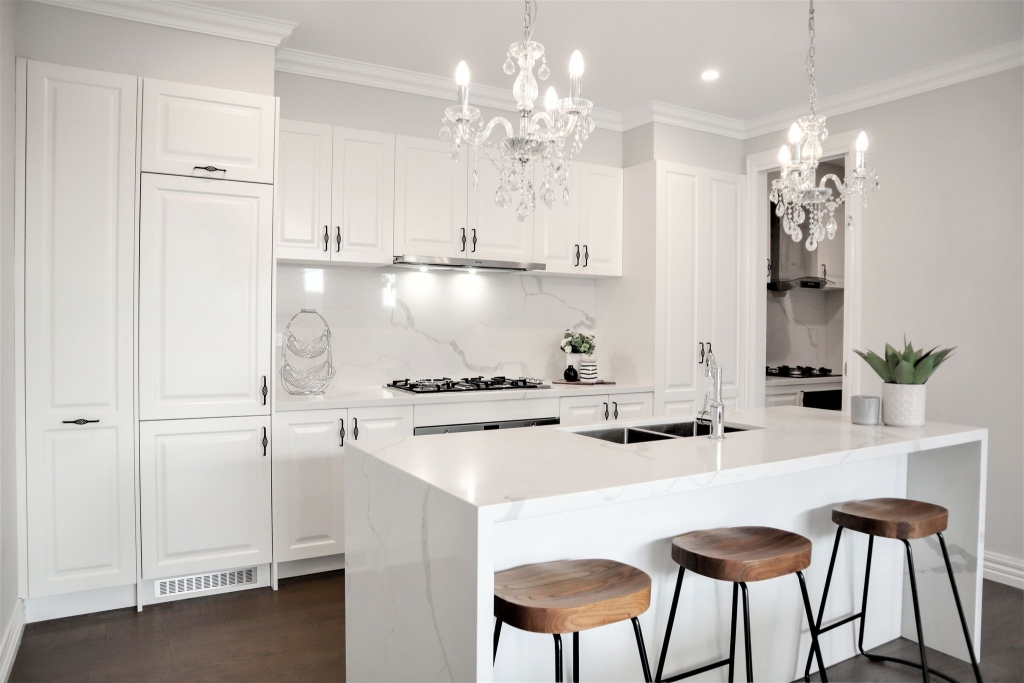
Australian government grants
In Australia, with the first home buyer grants and the recent HomeBuilder package, first time home buyers are entitled to receive up to $35,000-$45,000 when buying a property to occupy. Having assistance from the government provides more Australians with opportunities to buy.
For investors, Australian property buyers have great tax incentives and strategies to take advantage of negative gearing, tax depreciation etc.
In response to the current Covid-19 pandemic, the Australian government has provided a number of financial support packages such as:
- Job keeper payments for loss of employment income
- Job seeker payments for loss of job
- Rental relief grants for tenants needing help to pay rent
The Chinese government on the other hand have never provided financial support to this extent. Most people in China have never heard of negative gearing or tax depreciation.
Australian property management
Australian property managers offer a professional service. There are transparent laws in place outlining the rights and responsibilities of a property manager. An Australian property manager will help sell your investment property online, by conducting property inspections, reviewing tenant applications including their income, employment and credit history. They also collect the monthly rent on your behalf and maintain close relationships with many tradespeople in the event of any maintenance work required. Australian property managers are not allowed to accept any referral fees from tradespeople. This ensures they act in the landlord’s (investor’s) interest.
Chinese property managers are not regulated. This causes a conflict of interest and reduces the level of trust between the property owner and property manager.
Vacancy rate
Vacancy rates in the Australian property market are generally below 4% nationally. In 2020 first quarter, the vacancy rate in china overall is around 15%. (citing Chinese vacancy rate 2020)
Low vacancy rate in Australia ensures a steady rental return for property investors. With property advice, we look to invest in areas that have stable vacancy rates while offering a good rental return.
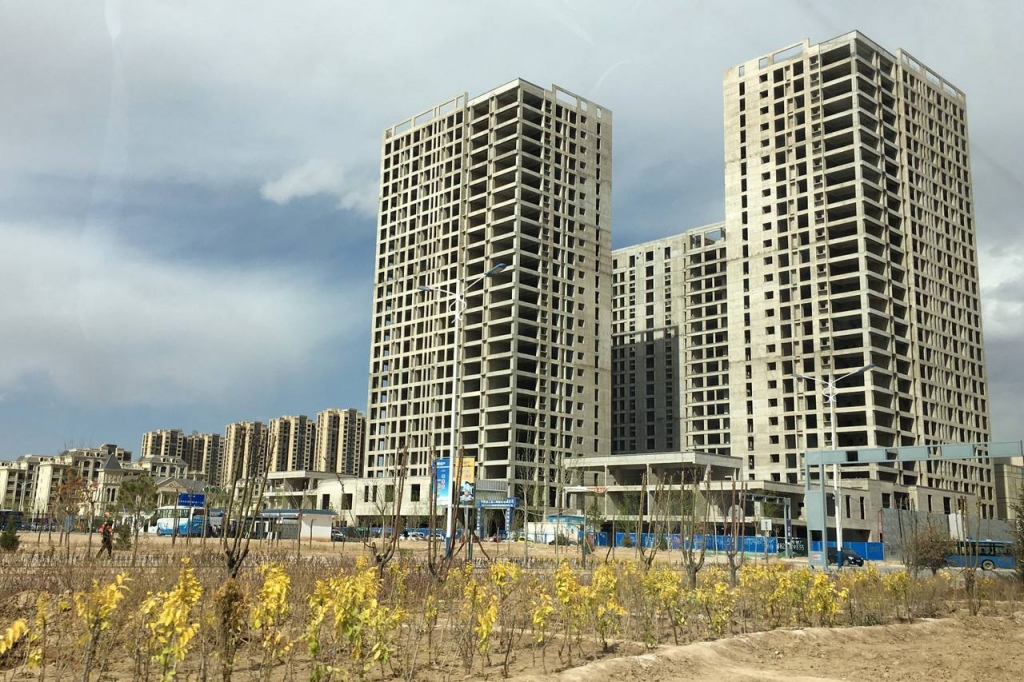
Australian property prices
Australian housing prices have increased on average 7% per year over the past 30 years. General price inflations also remain stable, with a consistent target of 2 -3% per year over the past 20 years.
The Australian property market has demonstrated more consistency in both income and capital growth. The Chinese property market can be very volatile. Due to lack of regulatory control from the government, there are too many cases where investors lose money. With more regulatory control to protect investors, many of these situations could be avoided.
Investing in property can be a rewarding experience. With property guidance, the buying experience can be very enjoyable and educational. If you would like to consider buying Australian property, please don’t hesitate to contact us.
If you’d like to learn more about property investment, our YouTube channel and Market Insights also provide a wealth of information to assist you with many areas relating to property.

